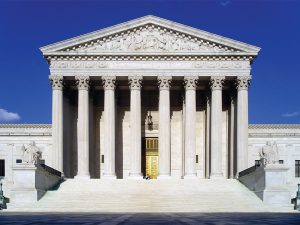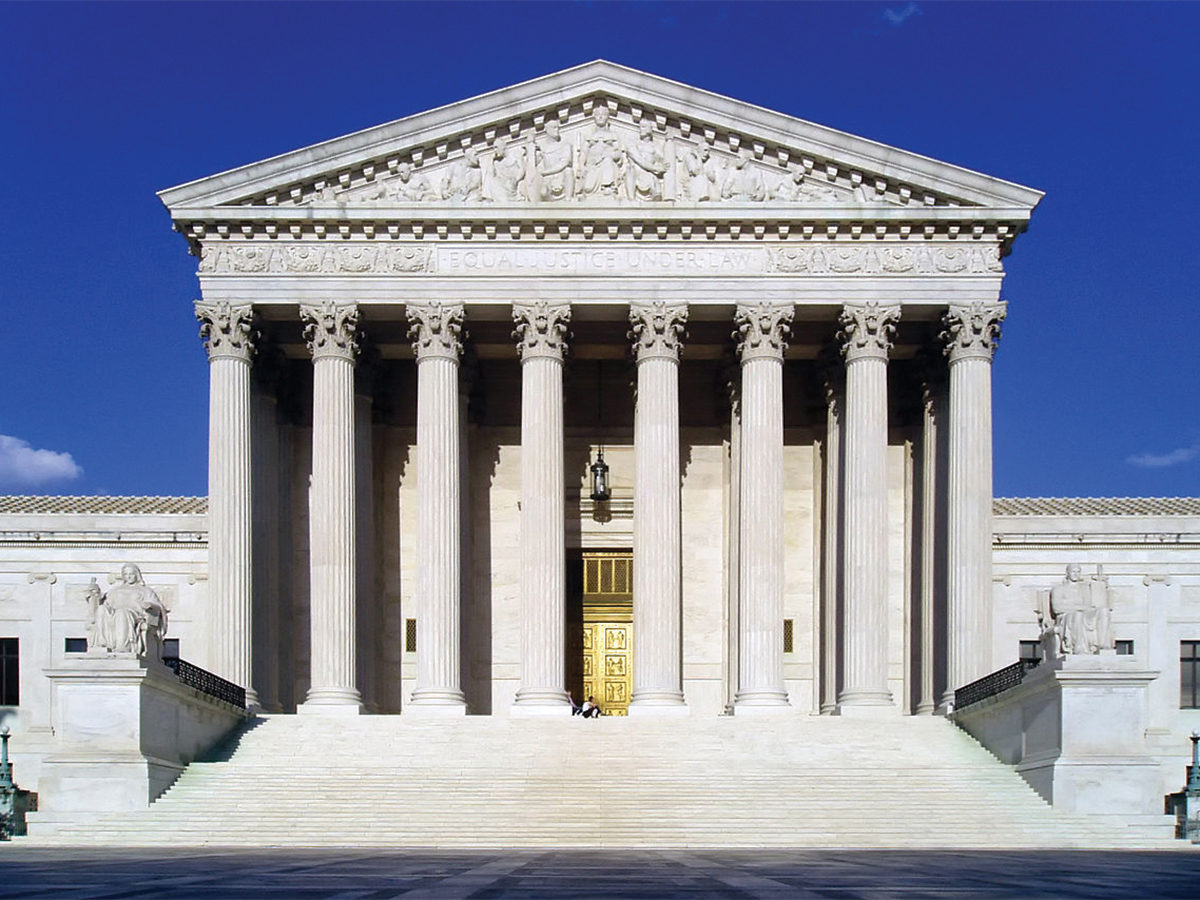
Judge James A. Wynn Jr. of the United States Court of Appeals for the Fourth Circuit struck down North Carolina’s congressional districting map, claiming that the drawing of districts was “motivated by invidious partisan intent,” and ordered the state’s Republican-controlled legislature to create an entirely new map of congressional districts by Wednesday, Jan. 24, in a ruling delivered on Tuesday, Jan. 9. On Thursday, Jan. 18, however, the Supreme Court granted North Carolina Republicans’ request to delay the court’s ruling until the Supreme Court reviews the decision. Judge Wynn’s ruling was a refreshing impetus of judicial activism that took the first steps toward addressing a national political crisis; however, the Supreme Court’s decision to delay the ruling essentially enables further rigging of our political system.
Judge Wynn’s decision was supported by the other two ruling judges on the court, W. Earl Britt, and William L. Osteen Jr. North Carolina’s congressional map has been largely criticized by activists as heavily gerrymandered, meaning deliberately drawn to favor political concentration of one party. The process is highly convoluted; however, one fairly obvious example of North Carolina’s gerrymandering can be found in its 2016 elections, in which Republicans won 53 percent of the statewide popular vote, yet claimed 10 out of 13, or 77 percent, of congressional seats.
State lawmakers were given a little more than two weeks to draw up new congressional districts that, if not found satisfactory by the court, will be replaced by a map drawn up by the court itself. Wynn’s ruling, if later affirmed by the Supreme Court, will have wide-reaching implications for both North Carolina and national politics. In terms of statewide results, there will be significant consequences for the state’s congressional elections in the future after 2018. If a partisan-neutral map existed in 2016, for example, Republicans would hold seven instead of 10 congressional seats out of 13. The Fourth Circuit’s decision was a praiseworthy defense of our democracy that would equitably balance the political scales in North Carolina, and prove critical in representing voters in the coming midterm elections.
Republicans filed to overturn the ruling in an appeal, and have denied all charges of gerrymandering. Under federal law, any appeal related to constitutional challenges to the apportionment of house districts goes directly to the Supreme Court, meaning that the Republicans’ appeal will join two additional cases, Gill v. Whitford, in Wisconsin, and Benisek v. Lamone, in Maryland, alleging Republican and Democratic gerrymandering, respectively. The tying in of North Carolina’s gerrymandering has blocked the measure for an uncertain duration of time, but also means if the Supreme Court issues a ruling on any of the three respective cases, the national political implications will be enormous.
Gerrymandering is an esoteric and fairly comical term that has its origins in 1812 Massachusetts, where Democratic-Republican Governor Elbridge Gerry drew the state’s districts in a way that resembled a salamander in order to give his party in edge in congressional elections. Although gerrymandering has existed since the birth of our nation, and was recognized as a political weapon as early as 1812, the practice has only grown in both use and cunning.
The Associated Press conducted a comprehensive analysis of the 2016 elections using a new statistical method of calculating partisan advantage in all 435 U.S. House races and 4700 state house and assembly seats, and found that partisan gerrymandering conferred a significant political advantage to Republican candidates. The analysis found that the number of states that gave a distinct advantage to Republicans due to gerrymandering outnumbered states that favored Democrats by a factor of four to one, and that those advantages led to approximately 22 additional congressional seats being granted to the GOP. The national results of the 2016 congressional elections are also very clear: Republicans received 49.9 percent of votes cast for Congress nationwide, yet received 55.2 percent of the seats.
Given all available evidence, it’s indisputable that Republicans continue to win a greater share of governmental seats in elections than their voting totals reflect. Blind partisans or people who honestly don’t care will chalk it up to “coincidence,” but gerrymandering is having a real, significant and toxic effect on our country’s politics. And while the Supreme Court didn’t rule against the Fourth Circuit’s verdict, the decision to delay it certainly is disheartening and stifles much of the anti-gerrymandering movement’s momentum.
Regardless, through his ruling, Judge Wynn has still taken important steps as a public servant to making our government work better for all by bringing the very real and corrosive effects of partisan gerrymandering to the national stage. It falls on the rest of country’s judges, especially those on the Supreme Court, to restore faith in our political system.








